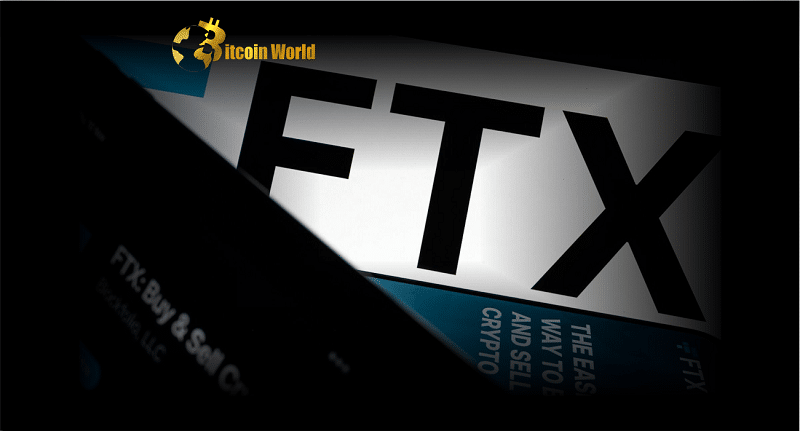According to a recent claim from the current leadership of the bankrupt cryptocurrency exchange FTX, former FTX US President Brett Harrison quit last September in part due to a “protracted disagreement” with CEO Sam Bankman-Fried and members of his inner circle.
The report, released on Sunday with the United States Bankruptcy Court in Delaware, is FTX CEO John J. Ray III’s first extensive examination of the exchange’s management shortcomings since taking over after its stunning collapse last November.
According to the study, Harrison had severe issues about how FTX US was handled, including “a lack of appropriate delegation of authority, formal management structure, and key hires.”
According to the report, when he expressed his concerns to Bankman-Fried and Nishad Singh, former director of engineering, his bonus was “dramatically reduced,” and he was told by company lawyers to apologize to Bankman-Fried. He flatly refused.
The allegations are consistent with Harrison’s previous Twitter statements, in which he stated that he was threatened after filing a written complaint in April 2022, and was told that he would be fired and that “Sam would destroy my professional reputation” if he did not retract the complaint and apologize.
Harrison acknowledged the allegation but declined to comment further when contacted by CoinDesk on Sunday. Another employee in the exchange’s legal department was “summarily terminated after expressing concerns about Alameda’s lack of corporate controls, capable leadership, and risk management,” according to the report.
Ray’s study, which runs to 45 pages, portrays a picture of FTX and related firms as a sloppily organized network of corporations governed over by Bankman-Fried and his circle of friends who cared nothing about organization or internal controls. Reconstructing FTX’s financial sheets has been “an ongoing, bottom-up exercise that continues to require significant effort by professionals,” according to the report, in part because FTX’s leadership frequently lost track of accounts and didn’t bother cashing checks, which “collected like junk mail.”
Alameda wasn’t even sure what its own positions were, “let alone hedging or accounting for them,” according to the letter. A portfolio overview for June 2022, which was supposed to demonstrate Alameda’s crypto position makeup, was allegedly falsified after staffers were allegedly directed by an unknown higher-up to “come up with some numbers? Idk.”
According to the article, Bankman-Fried once informed employees, “Alameda is unauditable.” I don’t mean ‘a large accounting firm would have misgivings about auditing it,’ but rather ‘we can only guess what its balances are, let alone something like a thorough transaction history.’ We occasionally discover $50 million in assets that we have lost track of; such is life.” Bankman-Fried’s internal admissions to his workers frequently contrasted his public pronouncements, whether made on Twitter or in the press.
For example, Bankman-Fried urged his Twitter followers to adopt two-factor authentication, tweeting, “Daily reminder: use 2FA! 90% of crypto security is making sure you’ve covered the fundamentals.”
However, according to Ray’s findings, FTX failed to implement two-factor authentication for essential business applications such as Google Workspace and 1Password. Other security concerns included the FTX Group server storing seed phrases and private keys to numerous hot wallets containing hundreds of millions of dollars in cryptocurrency in plain text and without encryption.
FTX stored the large majority of its crypto assets in hot wallets at all times, according to Ray’s study, despite Bankman-Fried’s public claims that the exchange utilized a “best practice hot wallet and cold wallet standard solution for the custody of virtual assets.”














